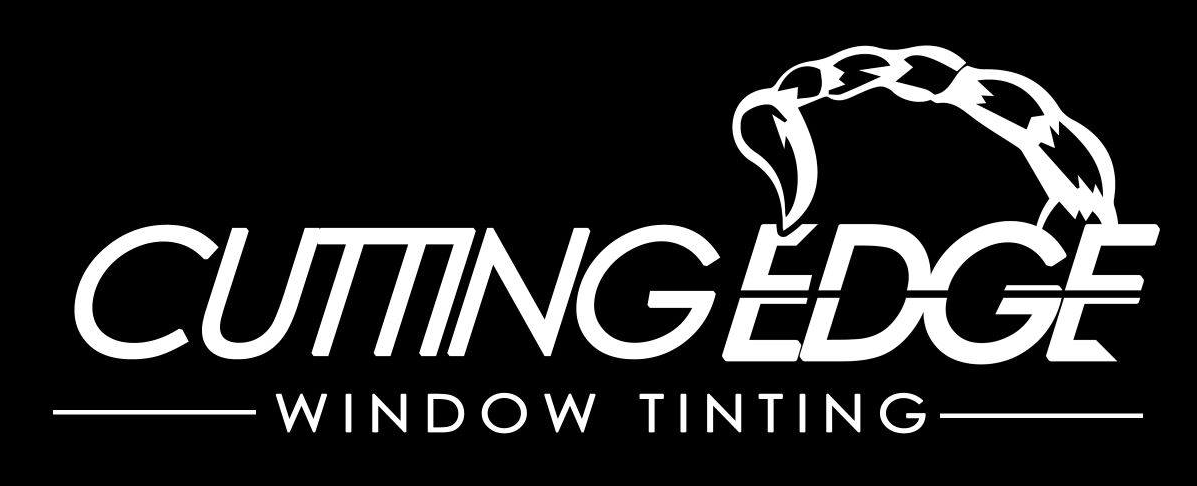What is the legal window tint for your vehicle?
There are many people who are concerned about privacy or how your car appears. These are the guidelines legal to tinting your windows. While state laws regarding tinting tend to be very strict however, you are able to alter them for those who are sensitive to sunlight. People with albinism need constant sun protection. Other people with light-sensitive diseases such as Psoriasis may also benefit from sunlight however they may experience negative reactions to ultraviolet beams.
Colors
There are a variety of colors available for window tint, the legality of different shades is determined by your state's laws. There are distinct laws in each state regarding tint shades. Some have more relaxed guidelines than others. Read on to find out what you can legally use for your windows. These tints may not only seem cool, but they also protect your windows from the heat of the sun and give you more privacy. For instance red tints are prohibited in some states, and you may want to avoid these types of tints.
Although window tinting laws can differ from one state to the next however, the majority of states permit tinting your car's windows to block harmful light. In Washington there is a chance that you won't be allowed to tint windows which are red, yellow or amber. They can be misinterpreted as emergency lights by drivers. You can also tint the glass so that light reflections reflect off it that is legal and helps keep your car cool during summer. This will also shield your eyes from direct sunlight.
Metallic particles
A few people choose to use metallic particles embedded in their window tint. Although metallic particles look great and seem to give an unique look to the car, there are several downsides that come with employing them. Unlike dyed tints, metallic particles may interfere with cellphone and radio signals and increase the price of window tints. These drawbacks can be outweighed by the many advantages of tints for windows on vehicles. Learn more about metallic window tints.
Metallic window tints are created out of metals, not dyes. It blocks heat and provides privacy. Contrary to other types of window tints metal particles aren't legal in all states. They can also be dangerous for law enforcement and can pose a risk for your safety when driving. Those who are concerned about the safety of their windows in their cars should be wary of using these tints. To protect yourself it is not recommended to put them on a vehicle with metal exterior.
Polyester
The laws in your state will determine if a window tint is legal. Most states permit a certain percentage of luminous transmission. In order to be legally legal, you need to ensure that the tint of your windows does not reduce the visibility or increase reflectivity. It is generally possible to utilize tints to block UV radiation, however, if you want to improve privacy or keep burglars out then you should consider more dark tint. Be aware that illegal tinting could lead to legal action. It's crucial to stay within the tint percentage that is permitted by your state.
There are different tints for windows that offer better performance than dyed film. Hybrid films are made up of two layers of film: an adhesive layer and a protective coating. Although they are similar to traditional films, hybrid films can be installed in the same manner. Nanotechnology, however, can be used to create an reflective shield. As a result, they reduce heat and virtually eliminating harmful UV rays and thus making them safer for your passengers. The disadvantages of dyed window tints are similar to the disadvantages of conventional window tints.
Carbon fiber
You should research the best professional shops that offer high-quality carbon fiber tints if you are looking to tint your windows on your vehicle in Tennessee. Window tints are generally offered in two varieties of carbon fiber and dyed. Dyed tint is generally the most economical and requires reapplication every couple of years. Carbon fiber tint is more effective, and costs more, however it blocks 99 percent of harmful UV Rays.
Carbon window film comes with many benefits. The tint doesn't prevent the interior from fading, and it does not block signals from cell phones. The film blocks more light than dyed films. Carbon window films are darker than other tints, and also blocks the heat better. It also shields the interiors from glare. It also enhances the worth of your car. Carbon fiber tints are legal in the majority of states. They can be installed on any window in your vehicle.
Dye
If you're worried about reflection of the sun, you may want to know what is the lawful tint of your window? Tinting windows can be done for many reasons. Tinting windows are not always allowed. There are rules in most states to protect against the obstruction of police investigations as well as the appearance of glaring windows. Here is a quick overview of the laws regarding window tints in your state and how they affect the law of your state.
There are a variety of laws governing window tints, they all govern the amount of darkness a tint is permitted. The amount of light that can pass through the window of a car is called Visible Light Transmission. Window tint laws are different based on what vehicle you have and the location you reside in. Check for the AS-1 line at your windshield to determine if window tint within your state is legal. An experienced installer will be able to determine the percentage of darkness that is legal in the state you live in.
|
Phone +18474292479
|
|
| Address |
408 Brook St, Elgin, IL 60120
|
https://www.cuttingedgewindowtinting.co/how-long-does-window-tint-take-to-dry
https://www.cuttingedgewindowtinting.co/what-happens-if-i-roll-my-window-down-after-tint
https://www.cuttingedgewindowtinting.co/what-is-ceramic-tint
https://www.cuttingedgewindowtinting.co/what-percent-is-factory-window-tint
https://www.cuttingedgewindowtinting.co/what-is-window-tinting

